T4K3.news
Egypt Israel gas deal sparks online backlash
A $35 billion gas deal between Egypt and Israel triggers sharp online criticism amid Gaza war and debates over resource ownership.
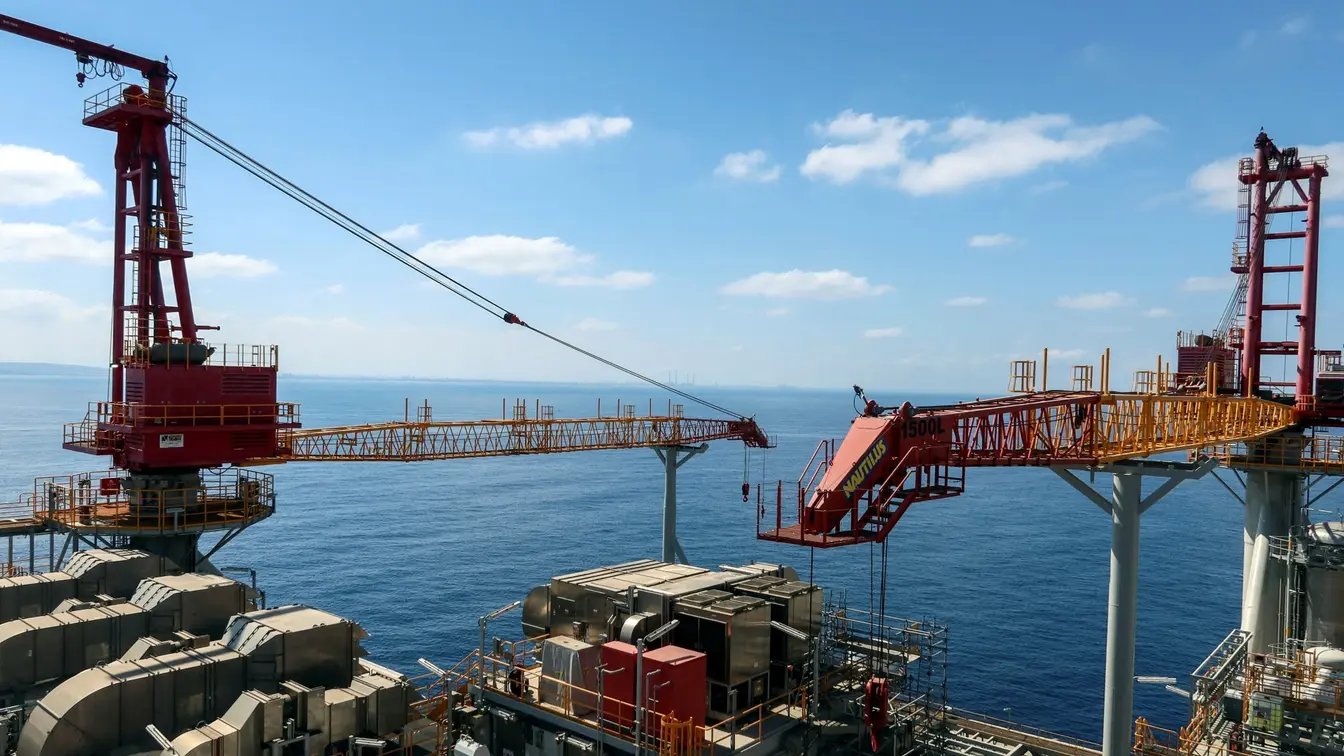
A close look at Egypt's 35 billion gas deal with Israel amid the Gaza war and the online debate over resource ownership and ethical implications.
Egypt signs 35 billion gas deal with Israel provoking online backlash
Egypt and Israeli energy firm NewMed announced a 35 billion dollar gas deal that will triple Egyptian imports from Leviathan, delivering about 130 bcm of gas through 2040. The agreement, described as the largest export deal in Israel’s history, ties Egyptian energy supply to an Israeli offshore field while the Gaza war continues to draw international condemnation. Critics on social media frame the move as economic complicity in the conflict and challenge the legitimacy of gas ownership in the eastern Mediterranean.
The deal’s timing sits against a backdrop of domestic debate in Egypt and broader regional tensions. Activists have faced repression for Gaza solidarity actions, and public figures argue the arrangement could constrain Egypt’s political and energy autonomy while exposing the country to volatile supply dynamics. The discussion reflects deeper questions about who owns energy resources and how a country trades access during a humanitarian crisis.
Key Takeaways
"The Egyptian government buys Palestinian gas from the Zionists at a time they slaughter the owners of that gas."
Vijay Prashad commenting on the ethics of the deal.
"Egypt has cut off supply to us during our greatest times of need."
Salma El Daly on energy security and dependence.
"economic participation in the genocide."
Mohammad Abbas on the moral implications of the deal.
"gas originally Egyptian gas relinquished to Israeli authority."
Hatem Azzam on field ownership and rights.
The situation reveals a clash between economic needs and regional ethics. Egypt’s energy strategy may seek stability and growth, yet tying itself to a volatile conflict area risks long-term reputational and diplomatic costs. Social media amplifies competing narratives about ownership, sovereignty, and accountability, pressuring policymakers to justify short-term gains against wider moral questions.
Beyond gas markets, the episode tests Cairo’s legitimacy at a time when public pressure for Gaza solidarity is visible abroad. How Egypt navigates this balance could shape its relationships with allies, investors, and human rights advocates for years to come, especially if energy security becomes a shield for controversial policies.
Highlights
- The Egyptian government buys Palestinian gas from the Zionists at a time they slaughter the owners of that gas.
- Egypt has cut off supply to us during our greatest times of need.
- economic participation in the genocide.
- gas originally Egyptian gas relinquished to Israeli authority.
Political and public backlash risk
The deal intertwines state energy policy with a highly sensitive regional conflict. Public debate is charged, activism faces repression, and international critics may escalate pressure on Egypt. The combination of energy dependence and a humanitarian crisis raises concerns about governance, legitimacy, and long-term economic health.
Energy policy now sits at the crossroads of economics, ethics, and regional stability.
Enjoyed this? Let your friends know!
Related News
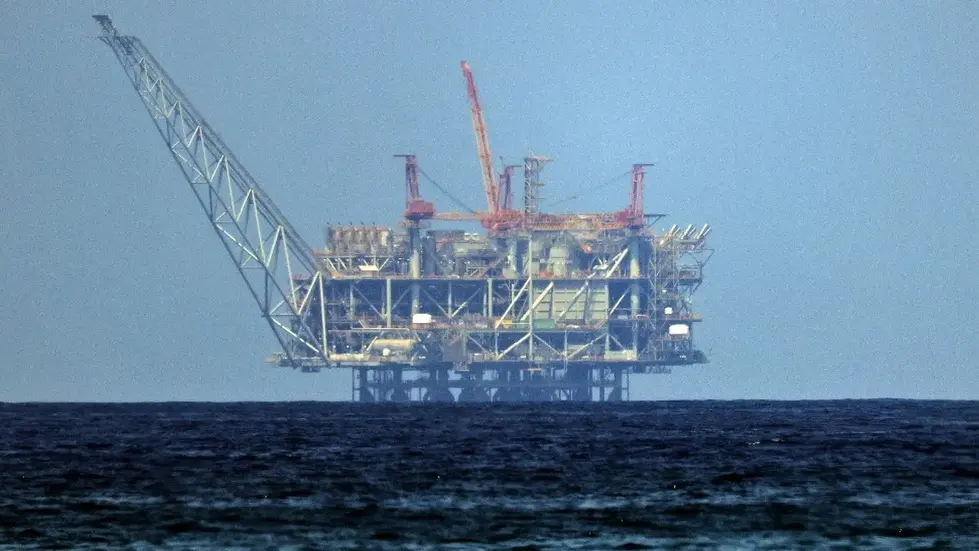
Egypt signs record gas deal with Israel
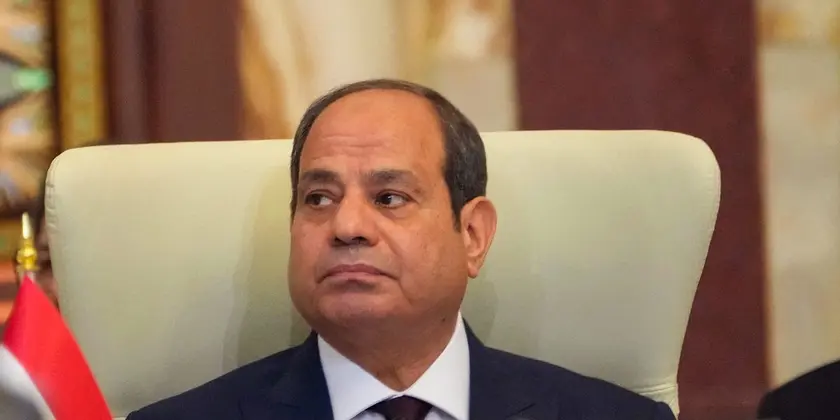
Egypt expands Israeli gas deal

Mia Khalifa and Amy Schumer Exchange Heated Messages Online

Mia Khalifa Responds to Online Criticism

Sydney Sweeney faces backlash over American Eagle campaign
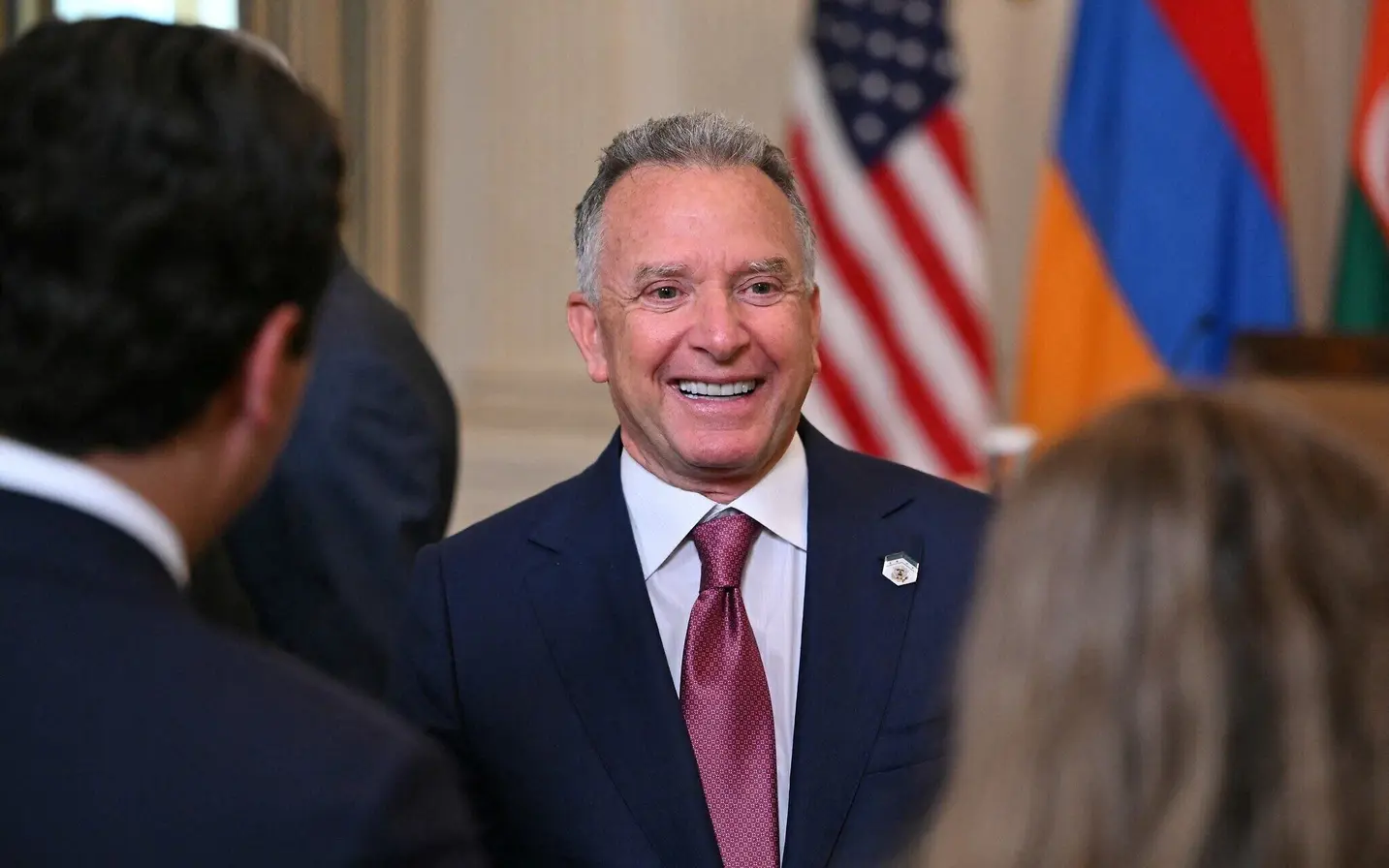
Diplomacy pressed as talks continue
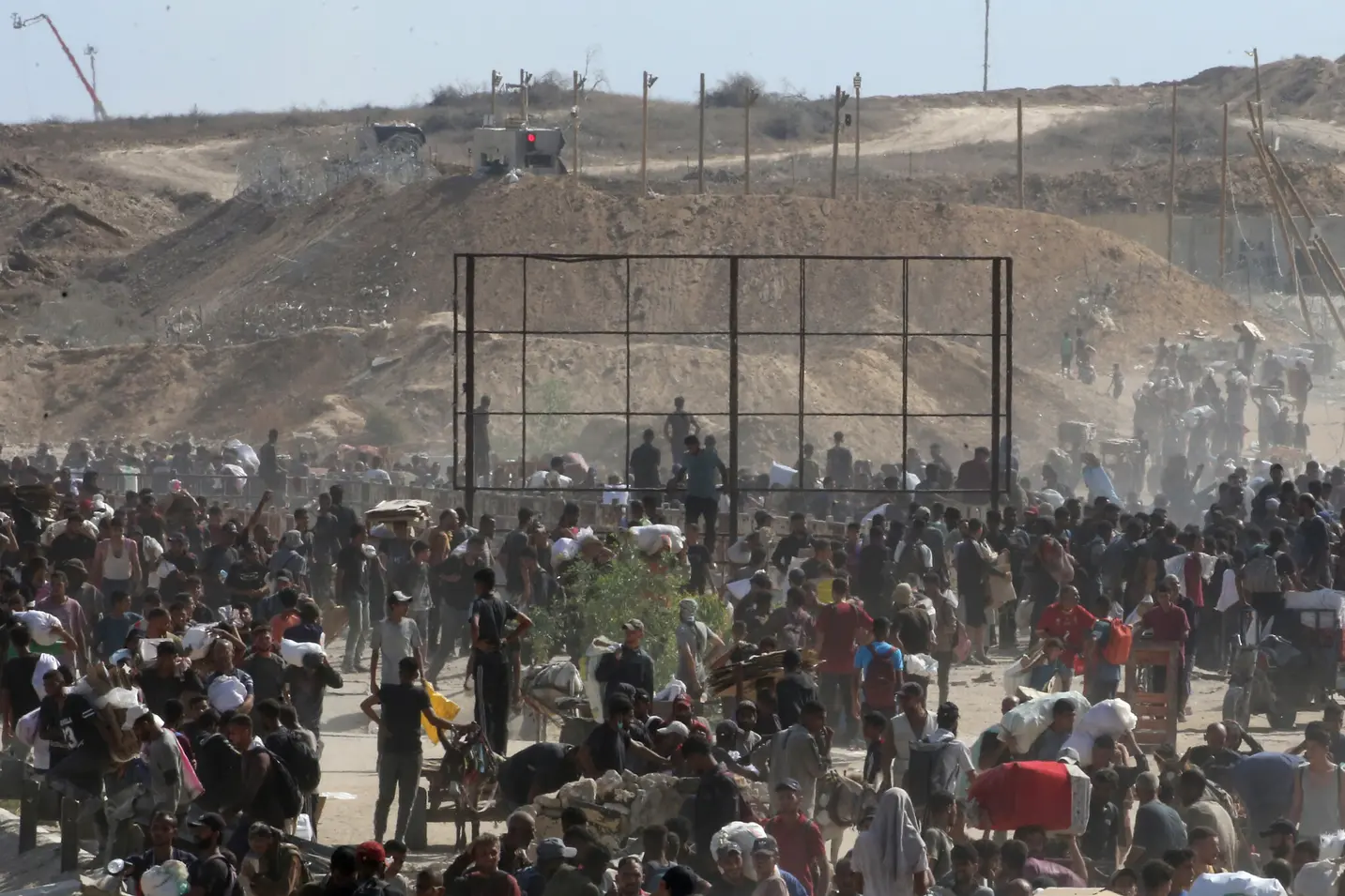
Israel will annex parts of Gaza if no deal is reached with Hamas

Sea of Galilee red hue explained
